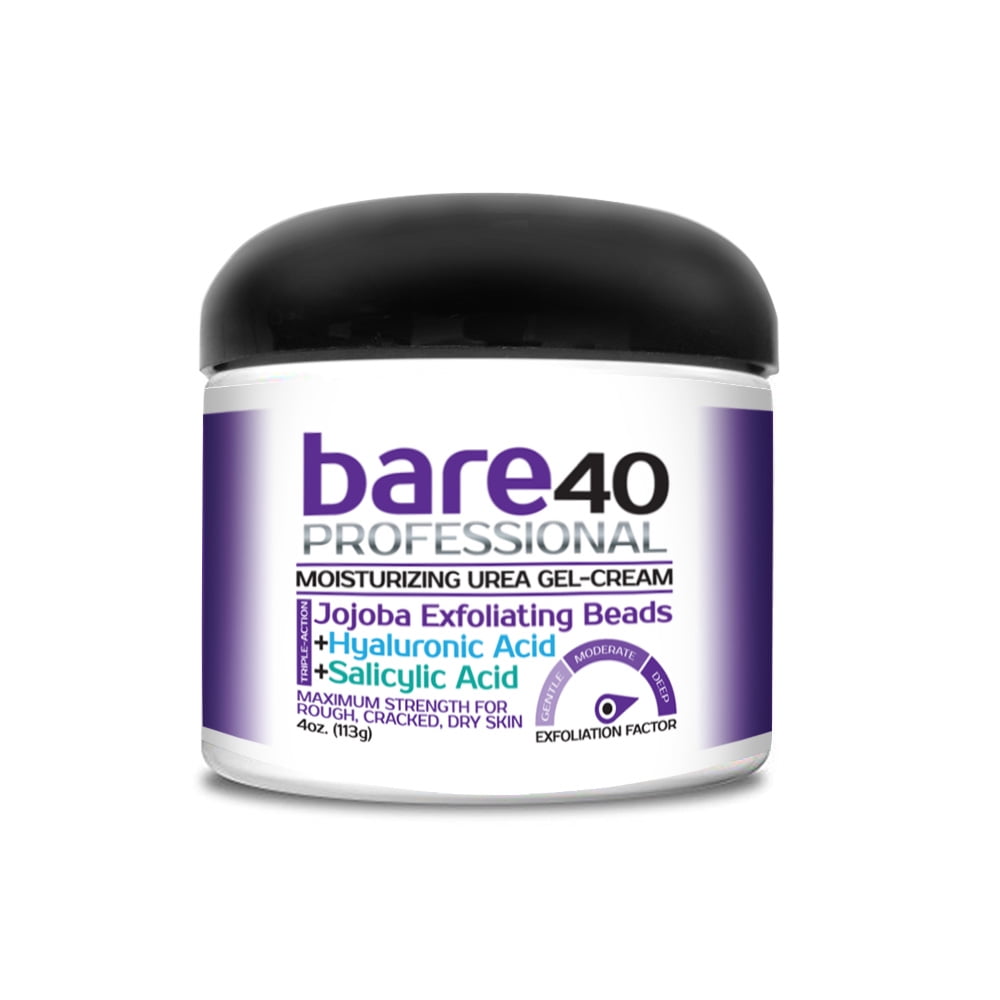
The key benefit of hyaluronic acid is hydration and that unbelievable ability to retain moisture. RELATED: The Skin-Care Glossary Every Woman Needs What Are the Benefits of Hyaluronic Acid?

It can absorb more than 1,000 times its weight in water, Dr.

“Hyaluronic acid attracts and binds to water molecules and increases the water content of the skin,” says Shari Marchbein, MD, a board-certified dermatologist in private practice in New York City. The good news is that topical products that feature hyaluronic acid, whether as part of the ingredients list in a moisturizer or as the star of a serum, can help rebuild those depleted stores, says Bonnie Gasquet, MD, an internal medicine physician at Studio Health medical center in Belle Chasse, Louisiana. Age is one reason, research shows, but environmental factors - such as smoking and air pollution - also accelerate this process, according to another past study. Over time, your body’s stores of hyaluronic acid decline. These molecules work to cushion and lubricate, and they’re found naturally in the body’s connective tissues, notes the Cleveland Clinic. Technically, it’s a group of sugar molecules called polysaccharides, according to a past study.

Here’s a scientific guide that touches on the basics of hyaluronic acid. There’s a reason it’s ubiquitous: Not only does hyaluronic acid do a killer job when it comes to moisturizing the skin, but it minimizes signs of aging, since plump, hydrated skin makes fine lines and wrinkles less visible. You’ll find it as an active ingredient in seemingly every skin-care product category under the sun - serums, cleansers, moisturizers, and more. If there’s one skin-care ingredient that puts you in the fast lane to hydrated skin, it’s hyaluronic acid.


 0 kommentar(er)
0 kommentar(er)
